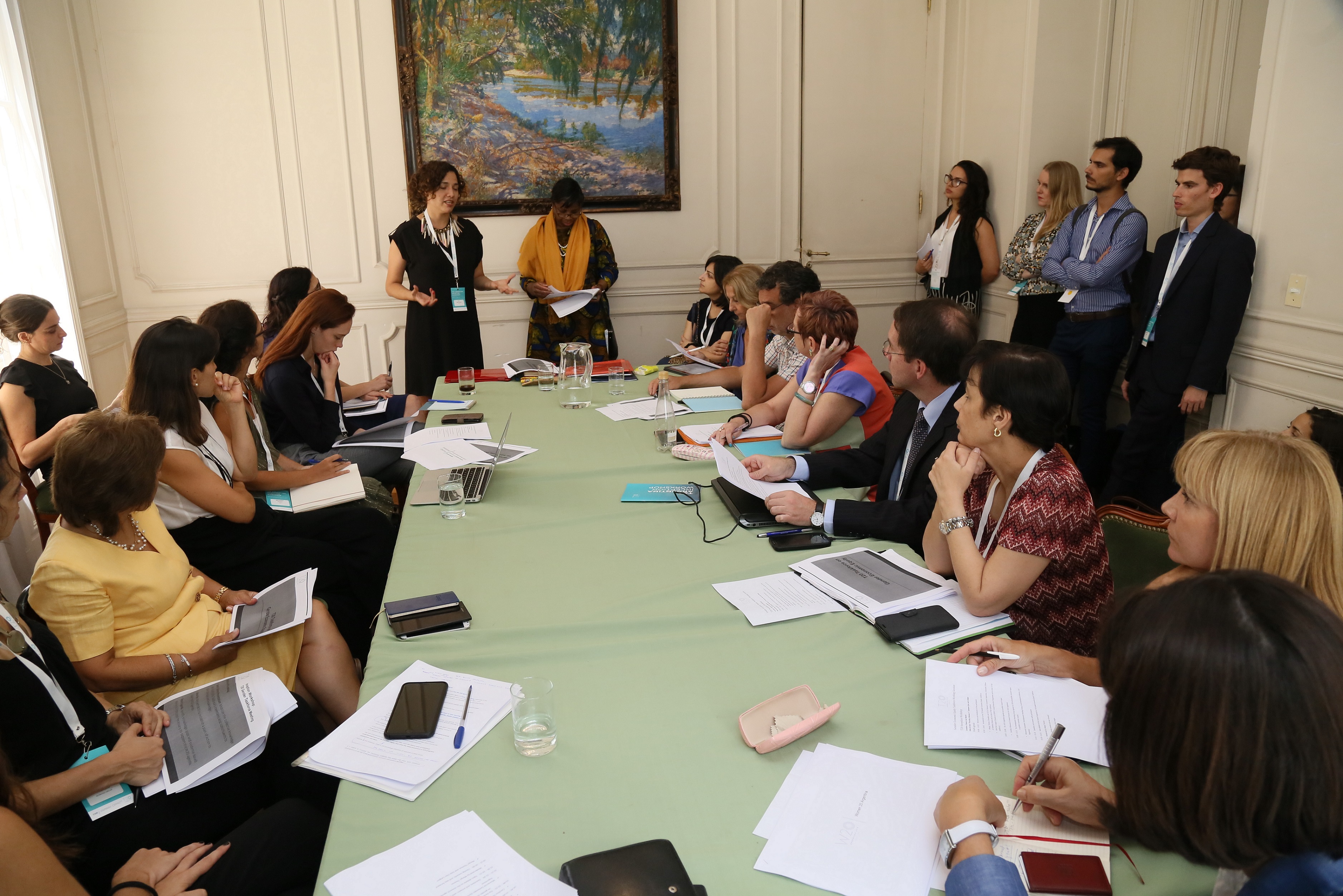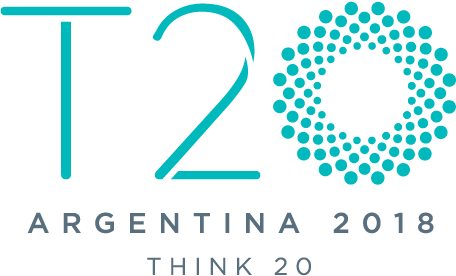The T20 will submit to the Argentine chair of the G20 recommendations based on the research on the following thematic work forces.
-The Future of Work and Education for the Digital Age. New technology and constant innovation in the ways production is organized will create opportunities for new and better jobs but are also a threat to certain sectors and activities. This group will try to answer which public policies can be adopted by states and the role that education has in this scenario.
-Climate Action and Infrastructure for Development. This task force will focus on how to promote investment in infrastructure to stimulate production and renewable energy sources. It will also develop recommendations to stimulate the green economy.

-Food Security and Sustainable Agriculture. The group will debate how to improve production systems and food security for the global population in order to satisfy demand and reduce inequalities. It will examine agricultural practices that ensure sustainable management of natural resources
-Gender Economic Equity. This group will generate evidence-based proposals to promote women’s economic rights, and in particular to reduce the gender gap in the labour market. Emphasis will be placed on the potential for G20 members to promote gender equity.
-Cooperation with Africa. The objective is to coordinate the G20’s cooperation efforts with Africa, strengthen the commitment by members of the G20 with its Agenda 2063 and to explore public policy options to promote sustainable growth throughout the continent.
-2030 Agenda for Sustainable Development. Focusing on strategies to monitor the progress of the Sustainable Development Goals set by the United Nations, the group will also look for mechanisms to promote their implementation in G20 countries.
-Trade, Investment and Tax Cooperation. This task force will examine how to develop a system of trade based on clear rules that provides greater benefits to the economy while also providing tools to those disadvantaged by globalization. Further, it will produce recommendations to make progress on the G20’s tax agenda.
-Social Cohesion, Global Governance and the Future of Politics. This group’s work has as its objective to reduce the risks of political and social crises and to generate a more united, just and inclusive society. To do so, it will it search for effective measures to reduce the negative effects of globalization and will explore the necessary innovations to improve global governance and to respond to the challenges facing political institutions.
-An International Financial Architecture for Stability and Development. Tackling issues of the design and improvement of the architecture of the international financial systems, this group will also make recommendations on monetary policy for developing and developed countries.

-Migration. This group will evaluate each country’s experience with regard to migration flows, including forced migration which is caused by economic and demographic factors.
The task forces are led by and made up of researches of think thanks from member and invited countries of the G20. Throughout the first half of 2018, each will publish the results of their research. The final recommendations to be made to the Argentine presidency will be based on those results.
